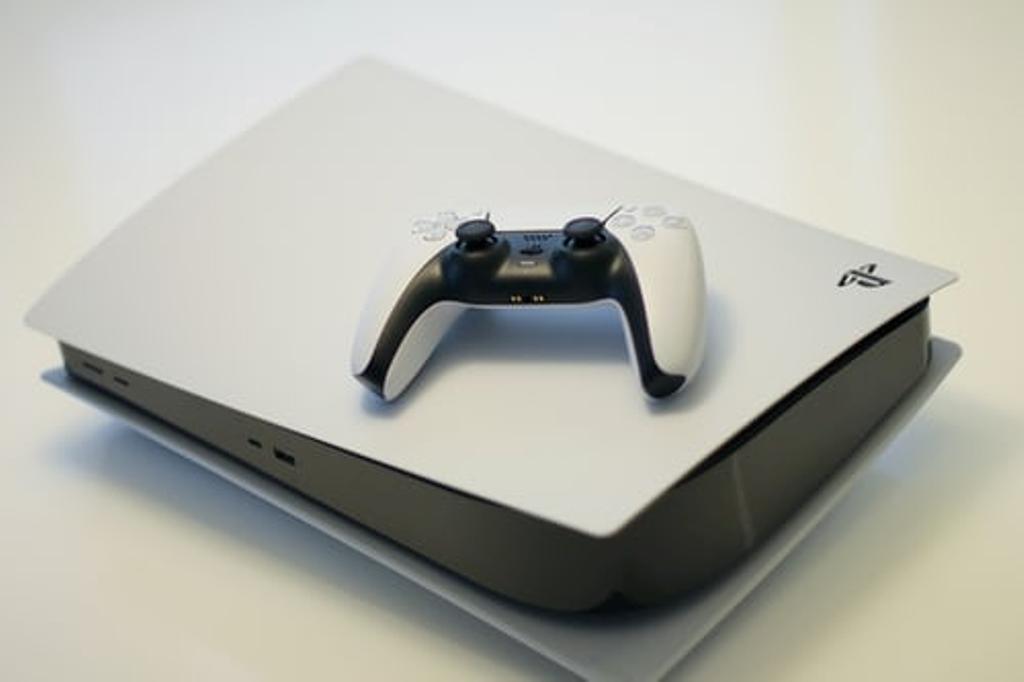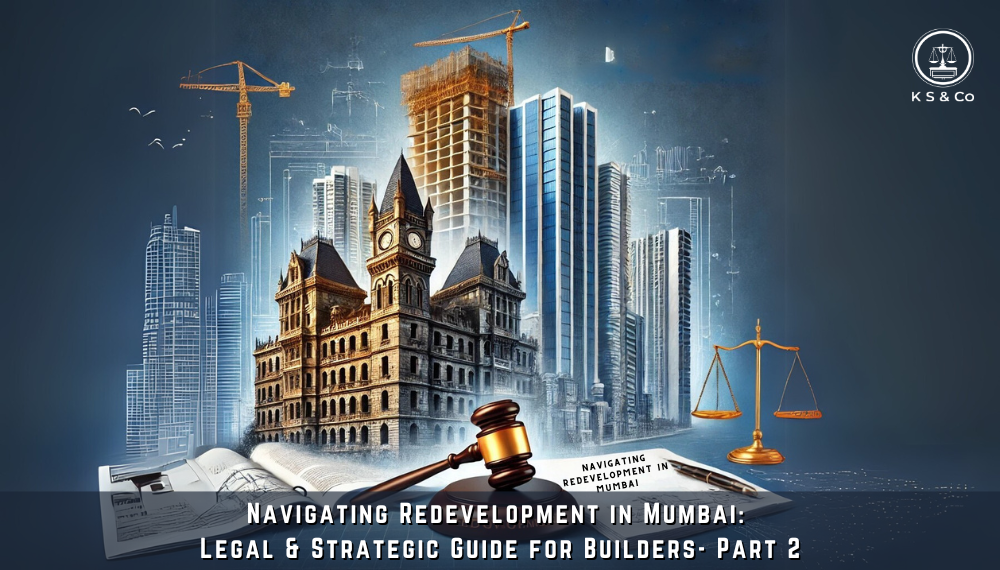Celebration bells are ringing all around the world!
But it looks like that those into gaming world have all the more reason to celebrate. Sony’s much awaited next-generation console – the PlayStation 5 (“PS5”) is set to release in mid-November 2020 in numerous countries.
But to much astonishment, India is not a part of that list of countries, as Sony is yet to confirm an official release date for the PS5 in India.
Why is the delay?
All this delay could be courtesy of a third-party trademark application filed by an individual, namely Mr. Hitesh Aswani under the same name ‘PS5’, months before Sony. This is formally known as Trademark Squatting. To put it in a lay man’s language, trademark squatting occurs when a person in a foreign country registers a trademark that has already been registered by its true owner in its original country.
What is the dispute?
Recently in India, Sony was embroiled in a trademark registration dispute with Mr. Aswani, an individual from Delhi who applied for registration of the PS5 mark on October 29, 2010, much before Sony’s application. Sony opposed this application in April, 2020 stating that owing to the extensive and widespread use of ‘PlayStation’ and ‘PS’ series of marks, it is recognized all over the world, including India. Sony claimed that Mr. Aswani’s mark is identical with and deceptively similar to its trademark and that he is seeking registration in respect of identical and/or similar goods. Sony further claimed that Mr. Aswani ought to have been aware of Sony’s well-known trademarks and that he has adopted the identical mark “PS5” with the intention of riding upon Sony’s goodwill and reputation.
What is a well-known trademark?
The term ‘well-known trademark’ is defined under Section 2(1)(zg). It states that a well-known mark is one that is known by a considerable portion of the population which uses such goods or receives such service. When the use of such mark leads the users of such product or service to believe that there is a connection between the good and services and the person that used the mark, it can be considered well- known. Considering their nature, the scope of protection of a well-known trademark is usually greater than the protection afforded to any other trademark, depending on its reach in the market.
What is happening in the case?
Either parties tried to strengthen their case. Sony asserted that the ‘PlayStation and PS series’ have garnered significant reputation by winning various accolades. Furthermore, trademark applications dated October 3, 2019 from Jamaica are attached to the opposition filed by Sony to ascertain that they made an application before Mr. Aswani though not in India. Mr. Aswani strongly opposed the said contentions and, in his counterstatement, said that the applications made by Sony were on a ‘proposed to be used’ basis, and that no similar mark had been used prior to this application.
Law Point
An important aspect are the two kinds of systems where a trademark can be obtained, namely, ‘first to file’ and ‘first to use’. In the former, the individual or business that files first for the protection of mark shall be granted protection, whereas in the latter, the individual or business that first uses the mark shall be granted protection for use of such mark. India follows the first to use system.
Cases Supporting Sony
Looking at judicial precedents, in the case of Sanofi India, the Delhi High Court held that if the essential features of the registered trademark have been adopted by the later person; an action for infringement can be brought up against him. This gives Sony a locus standi to contest its right over the brand, as the letters ‘PS’ can be considered as an essential feature.
Furthermore, in the case of Rolex Sa V. Alex Jewellery Pvt. Ltd., a suit was filed against the defendants for selling jewellery using the trade name ’Rolex’ which was associated with the Plaintiff. The Delhi High Court held that the trademark of the plaintiff was well-known and that the portion of the public that used watches under the trade name ‘Rolex’, may associate the defendant’s jewellery with that of the plaintiff. This creating confusion, an injunction was granted by the Court.
In the present case, while it may be argued that the PS5 mark has not been registered in India yet, however, its predecessors, PS3 and PS4 had been and were quite popular in the gaming community. Hence, it can be said that Sony’s PlayStation has customers in the country, thus providing a substantial reason for its registration on the first to use basis.
Furthermore, the judicial precedents simultaneously establish the protection that is extended to well-known brands. It is clear that if the essential features of the brand name are copied, then an infringement suit can be filed, which in this present case is reinforcing the locus standi of Sony.
Gaming aficionados would feel a rush of adrenaline as on October 26, 2020, Mr. Aswani filed a Letter of Withdrawal. This implies that the PS5 could be launched in India soon!
A major takeaway for all brand owners
All the brand owners who are likely to get their trademarks registered in a country like India, that establishes trademark rights on the basis of “First to Use”, is to learn from this that an early application for a trademark registration is need of the hour.
There are numerous squatters who are scouting for famous trademarks like the PS5. Once a squatter files an application for a famous mark, it is almost certain that eventually, it will go back to its “real” owner, however, it will come for a price.
More often than not, a squatter will demand a handsome ransom to set your trademark free, which in our opinion is not worth the effort. Hence, agility is the key here and if you are sure that you are going to use the mark in India, apply for a trademark registration before a squatter sets their eyes on the mark.






